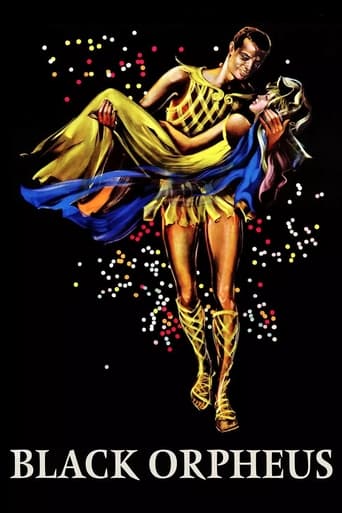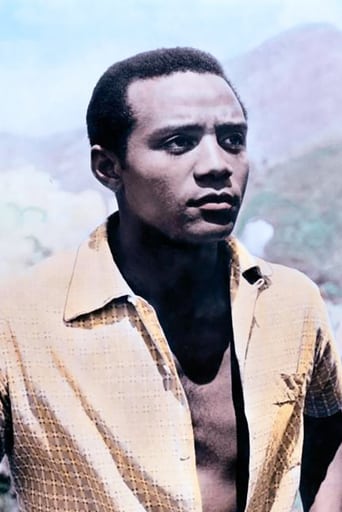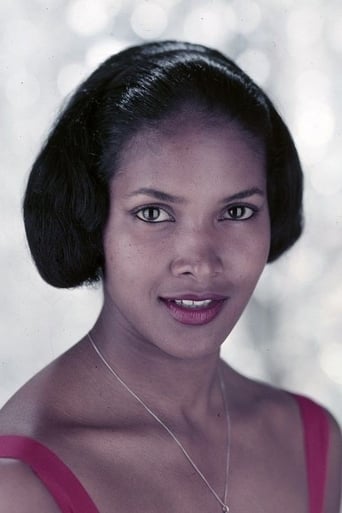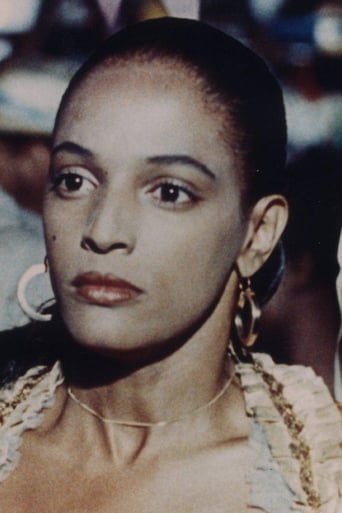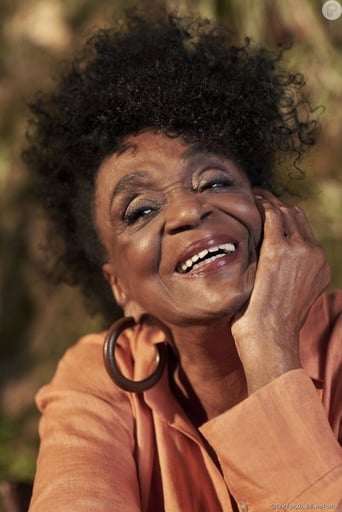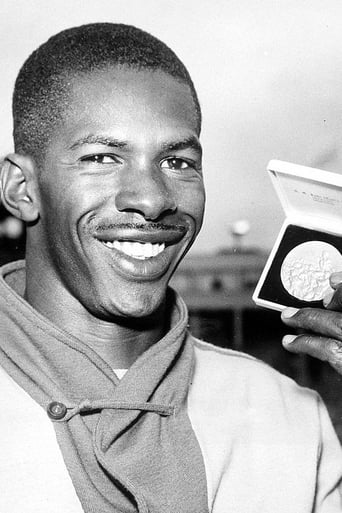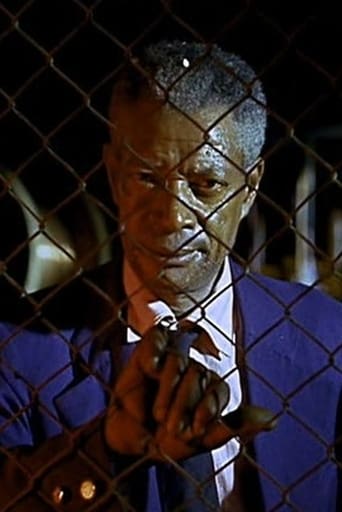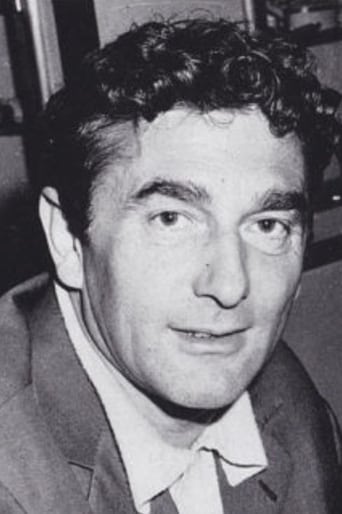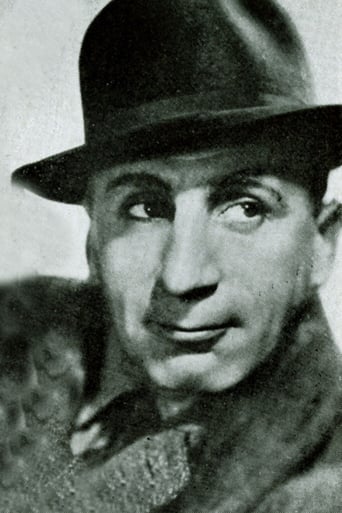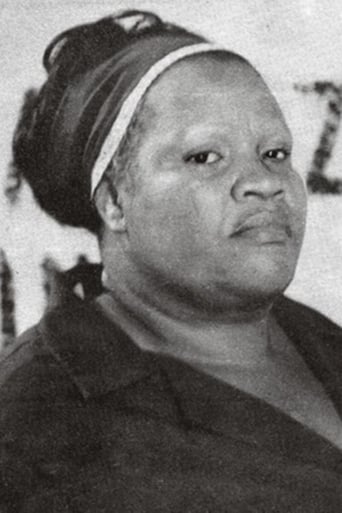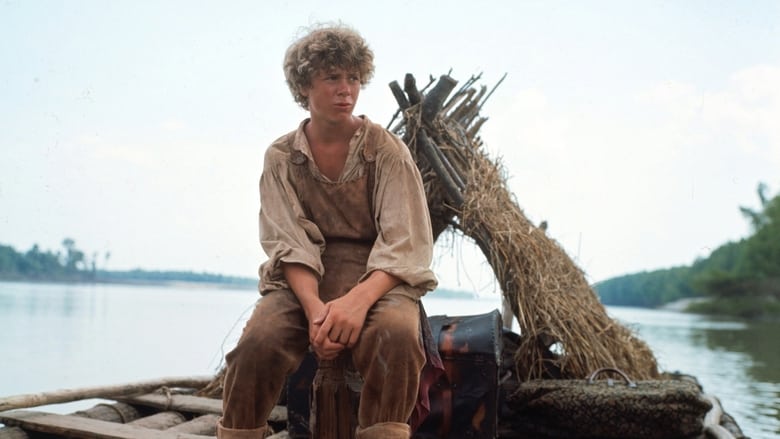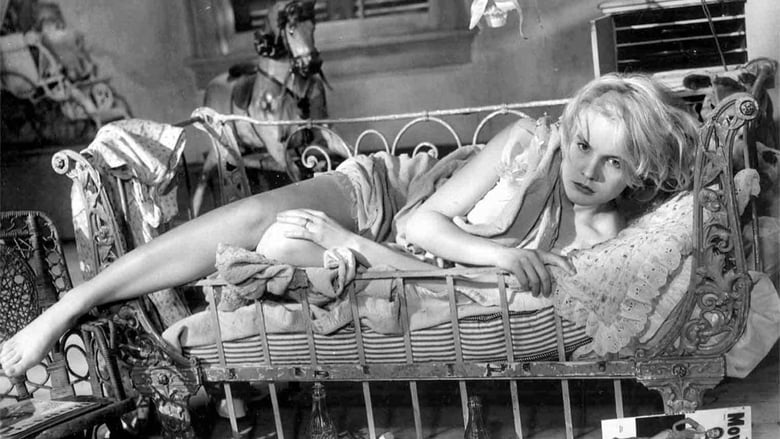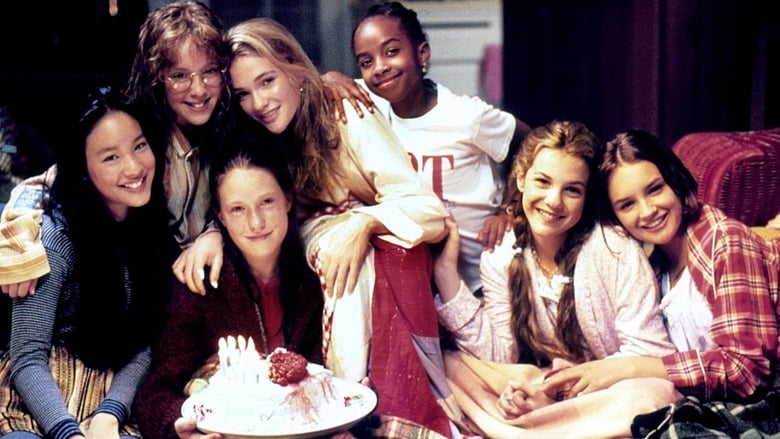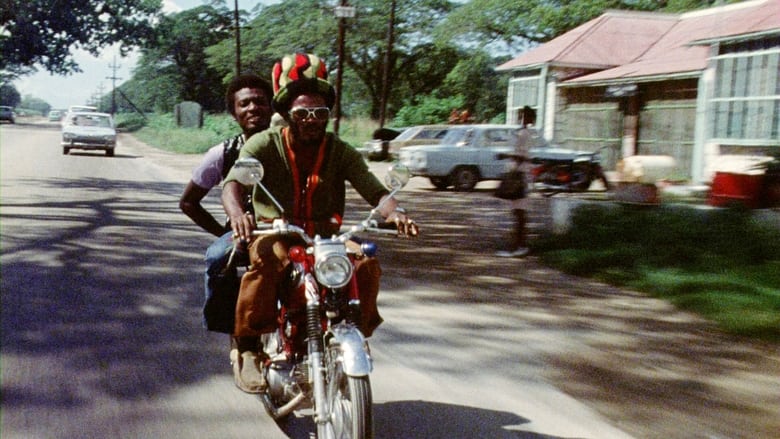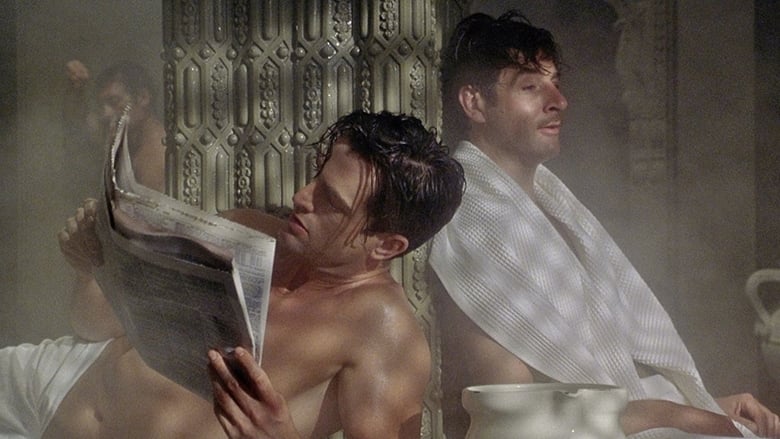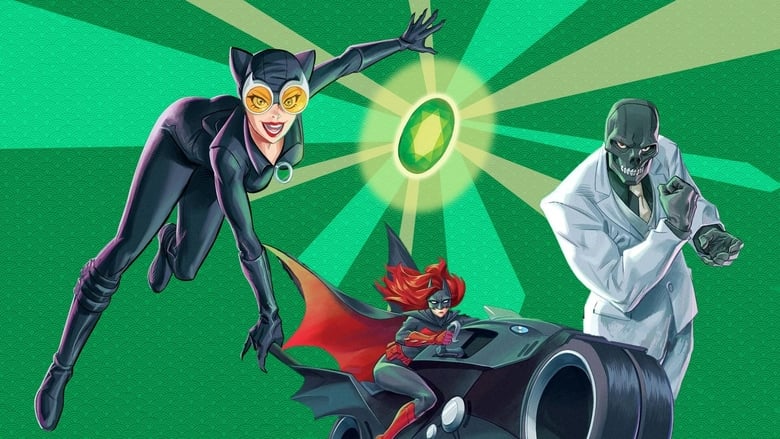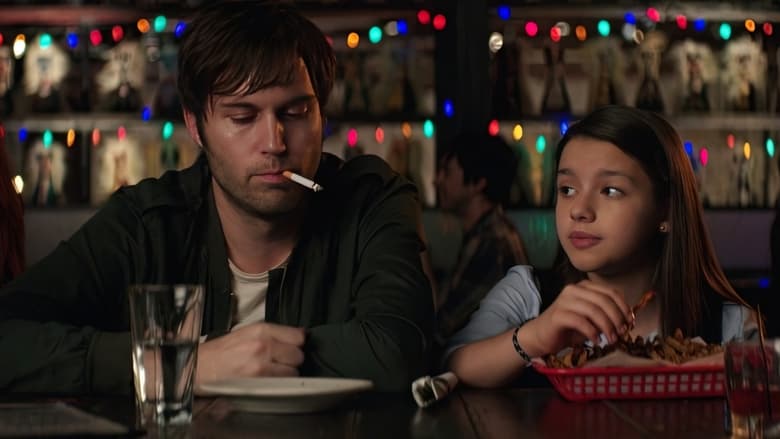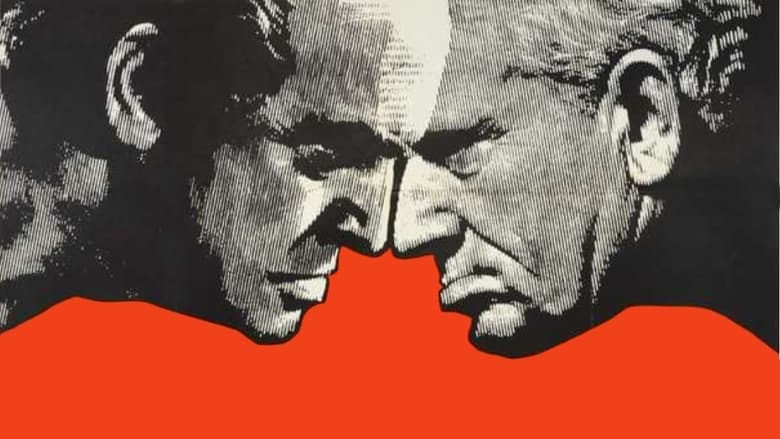Young lovers Orfeu and Eurydice run through the favelas of Rio during Carnaval, on the lam from a hitman dressed like Death and Orfeu's vengeful fiancée Mira and passing between moments of fantasy and stark reality. This impressionistic retelling of the Greek legend of Orpheus and Eurydice introduced bossa nova to the world with its soundtrack by young Brazilian composers Luiz Bonfá and Antonio Carlos Jobim.


Similar titles
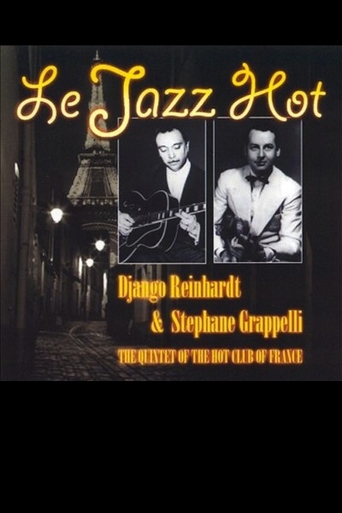

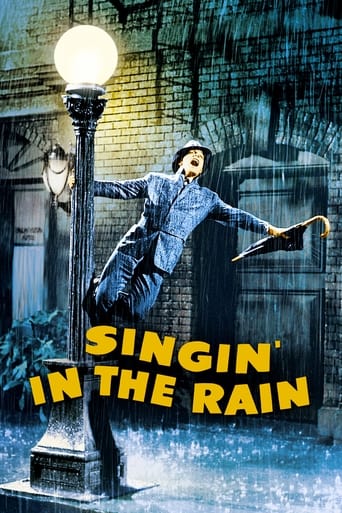
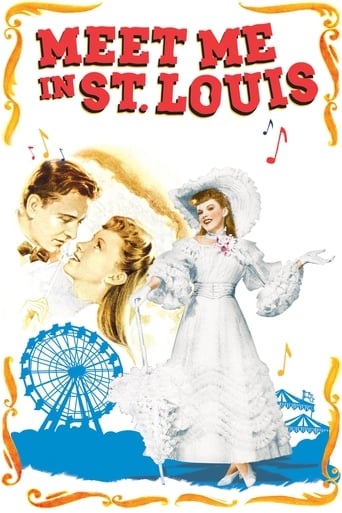
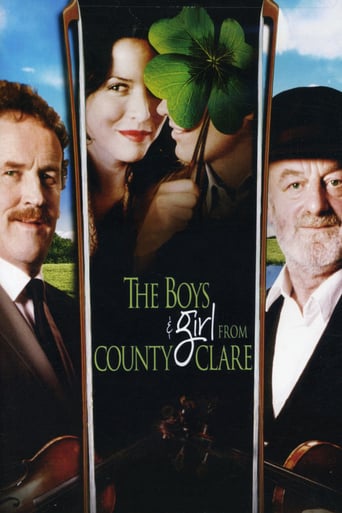
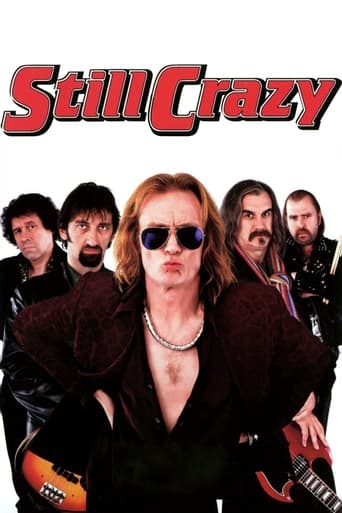

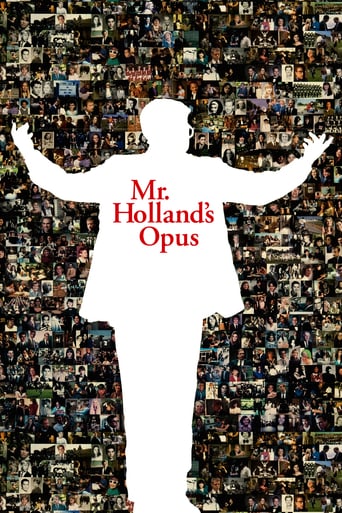
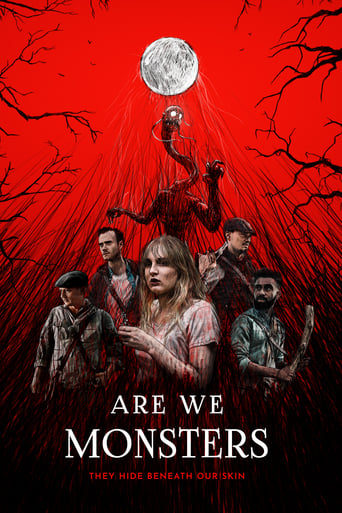

Reviews
I agree with the reviewer who says it is a successful attempt to recreate an old myth in modern times, but take it a step further and add it is a magnificent attempt, one that has not gotten the attention it deserves.As a young adult, seeing it made me look at film story-telling in a different perspective; how an ensemble of actors, with a great screenplay, can take a story written in the clouds and bring it down to earth so easily and realistically. I can tell you that I only had the desire to see it once, but it has stayed with me as one of those enlightened moments, and in black and white, as it should be.I think it is a classic, made at a time when the world was on the verge of transformation, yet not quite there yet, which makes it all the more remarkable.
I know using the myth of Orpheus and Eurydice is considered an admirable things about this film, but I thought it added nothing to the plot and, in fact, wrenched things about in ways that made parts of the film quite incomprehensible. We'll let pass the absurdity of the names that derived from the myth, these Portuguese-speaking Brazilians with names like Orpheus, Eurydice, Hermes and dogs named Cerberus. That was bearable, although it put the film slightly off-kilter. The Orpheus and Eurydice myth really came into play near the end, when Eurydice is lost and Orpheus searches desperately for her. When I was young and first saw this film, not knowing the myth, this section seemed like utter nonsense; today, I see the nonsense is there, and I can see why, because the film maker was willing to shoehorn his story into the myth, no matter the consequences.The essence of the myth is Orpheus descending into the underworld to rescue his wife; he plays his lyre, so beautifully that no one can deny him, not even the guardians of the underworld, who allow him to lead Eurydice out of the underworld, on condition he not look back at her until both are safely back in the world of light. Just as he himself steps out into the light, he looks back, too soon, and Eurydice disappears from him forever. But what has that to do with the story in this film? The film is a modern, realistic love story. In the climactic scene after Orfeus has searched everywhere for Eurydice, he is taken to a crowded room where a voodoo-like ceremony is under way. He is told to "call" for Eurydice if he wants to find her, so he joins in the mass, ritualistic song, so quietly that his voice cannot be heard - quite a departure from the Greek myth. An old woman behind him appears to be possessed by a spirit, and she speaks with the voice of Eurydice, asking Orfeus if he loves her enough to be satisfied with her voice, never to look on her again. He turns to see where the voice is coming from, and all traces of Eurydice disappear. Now where is the sense in this, in terms of the story we have watched up to this point? We've been following an entirely realistic love story for over 90 minutes, in which the woman has gone missing and her lover has been searching desperately for her. Where has she gone? Has she died? Has she been kidnapped? No, an old lady in a voodoo ceremony speaks with her voice. Huh? What's this about? She tells him he must not try to look at her. Say what? Why not? No reason, it's just all nonsense. He turns to look, and we are to believe that he will never find his lover again. Again we ask why not? Does this make any sense at all? No, it doesn't, except in so far that the realistic love story has been wrenched and mangled in order to fit, in a rough sort of way, the plot line of an old Greek myth.The film would have been far better off to provide a proper resolution to the situation, one which fit with the realistic, this-world ethos of the rest of the movie. In my opinion, the use of the myth interfered in a bad way with an otherwise interesting and enjoyable movie.
"Black Orpheus", as my summary states, is a modern retelling of the myth of Orpheus & Eurydice. The film is set in Rio de Janeiro during the time of Carnaval. On the eve of his wedding, Orpheus meets Eurydice and they fall madly in love. However, Death lurks around every corner, intent on claiming Eurydice for himself.Familiarity with the source material would probably aid your appreciation but it isn't essential. The film moves along at a brisk pace and sports an energy that makes it hard to resist. The bossa nova soundtrack contributes greatly to this effect.The cast boasts no outstanding performances but the leads, Breno Mello & Marpessa Dawn, make an engaging couple. The direction of Marcel Camus impressively creates a colourful landscape and fills it with the almost ever-present music of Antonio Carlos Jobim.While I feel that the latter stages of the film didn't work quite so well without prior knowledge of the underlying mythology I still found the film enjoyable on the whole. I wouldn't rank it among the greats of foreign film but it does possess a charm all its own.
Marcel Camus's 1959 French film, Black Orpheus (Orfeu Negro), made in 1959, in Portuguese, is by no means a great film, but it is a landmark film; an odd amalgam of modernity and the worst stereotypes about black culture worldwide. The whole film is practically one long festival of song and dance, which while apropos for the setting- Rio de Janeiro's Carnival, nonetheless kills off any hope for a real story. Yet, despite the dancing, singing, and merrymaking, it is not a musical, per se, and quite a bleak film, in that it reinforces the notion, however true, that poverty is something that no amount of merriment can deny.Based upon the mythic love of Orpheus and Eurydice, and Vinícius de Moraes' musical play Orfeu Da Conceição, it is a huge leap upward from the so-called Orphic films of Camus's countryman Jean Cocteau, yet it is ultimately a tale that it all fluff and little meat. It is not great cinema, but it is great entertainment. That this foreign equivalent of the staid Hollywood musical format has such a high international reputation owes far more to the biases against Hollywood than to any real positive qualities this film has. Its landmark status as a film derives from its bringing the bossa nova beats of Latino music to the world stage. Imagine if the 1990s craze, The Macarena, had been featured in a film, and you'll have an idea of the impact of this film.In truth, the real and only star of the film is the music, whose soundtrack was written by Antonio Carlos Jobim and Luis Bonfá, and the vivid- no, gorgeous, colors. This is one of those films meant for color. It would simply not have been the same in black and white. Black Orpheus won the 1959 Cannes Film Festival Palm D'Or Grand Prize as well as the Golden Globe and Academy Award for Best Foreign Film. Camus and Jacques Viott wrote the screenplay, what little of it there is. In a sense, the whole plot of this film is just an excuse for the wonderfully infectious music, making this film, arguably, the world's first music video, over two decades before the dawn of MTV. The film's two main theme songs, Manha De Carnival and O Nossa Amor, became international hits. Before this film only Hollywood musical numbers took off in the public's consciousness, but as they were all based on Broadway tunes they already well known. Perhaps only the zither music of Anton Karas, in the 1949 film, The Third Man, had as big an impact previously. However, as memorable as that great film's scoring was, it never moved people the way this music does . The film has a strange quality of being both surreal and cinema verité, even as the cliffside shots of the sea are stunningly lush. It is apt that the film ends both poetically and realistically, with the dancing children blissfully unaware that poor people, such as themselves, almost always end up living and dying pathetically, as did this Orpheus and Eurydice. None of the actors ever went on to star in anything even remotely as successful as this film, and neither did Camus, a filmic one hit wonder whiz kid, although his 'hit' was hardly high art. Despite that, Black Orpheus, while not being a cinematic full meal nevertheless is a sweet piece of candy, and thus has to be judged more on its entertainment value than its artistic value; mindful that, unlike the Orphic films of Cocteau, it, at least succeeds on one level, however lowest common denominator that may be.
